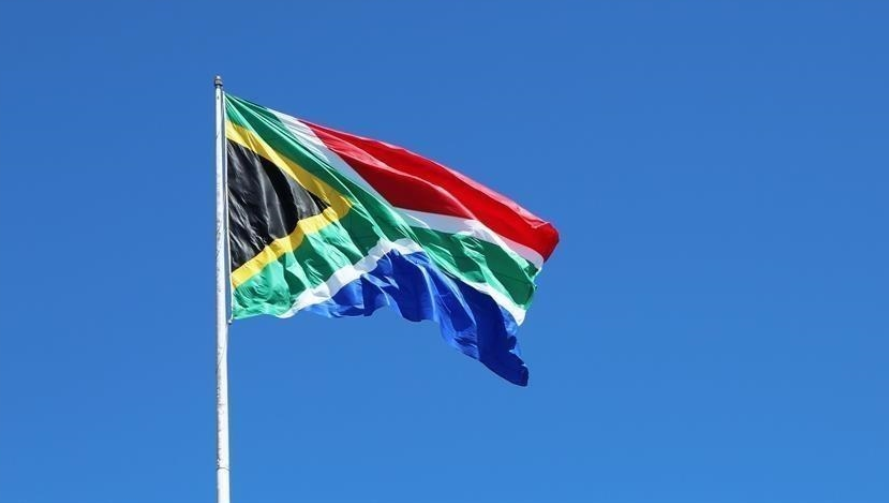
The South African government has asserted that tensions with the United States extend beyond the contentious land expropriation laws, highlighting a broader range of diplomatic and economic disagreements.
Responding to concerns raised by US officials over South Africa’s land reform policies particularly the proposed expropriation of land without compensation South African authorities emphasized that this is just one factor in a complex relationship. The government pointed to differences over trade policies, geopolitical alignments, and domestic governance priorities as additional areas of friction.
South Africa’s stance on global issues, including its relationships with China and Russia, has led to scrutiny from Washington. The country’s involvement in the BRICS economic bloc and its calls for a more multipolar world order have, at times, clashed with US foreign policy interests. Additionally, trade disputes over tariffs, US concerns about South Africa’s position on human rights issues, and disagreements on African continental policies have all contributed to diplomatic strain.
The US has expressed reservations about South Africa’s land reform policy, citing concerns over property rights, investment security, and economic stability. However, South African officials insist that land redistribution is a sovereign issue aimed at correcting historical injustices and promoting equitable development.
We acknowledge the concerns, but South Africa must address land inequality to achieve long-term stability. This is not an attack on property rights but a step toward economic justice, a government spokesperson said.
Despite these tensions, both countries continue to maintain economic and diplomatic ties. The US remains one of South Africa’s largest trading partners, and ongoing dialogue is expected to shape future relations. However, the widening gap in policy priorities suggests that navigating this partnership will require careful diplomacy and strategic negotiation. As South Africa asserts its independent foreign policy and economic agenda, the question remains: will the US adapt to the shifting dynamics, or will tensions continue to escalate?


